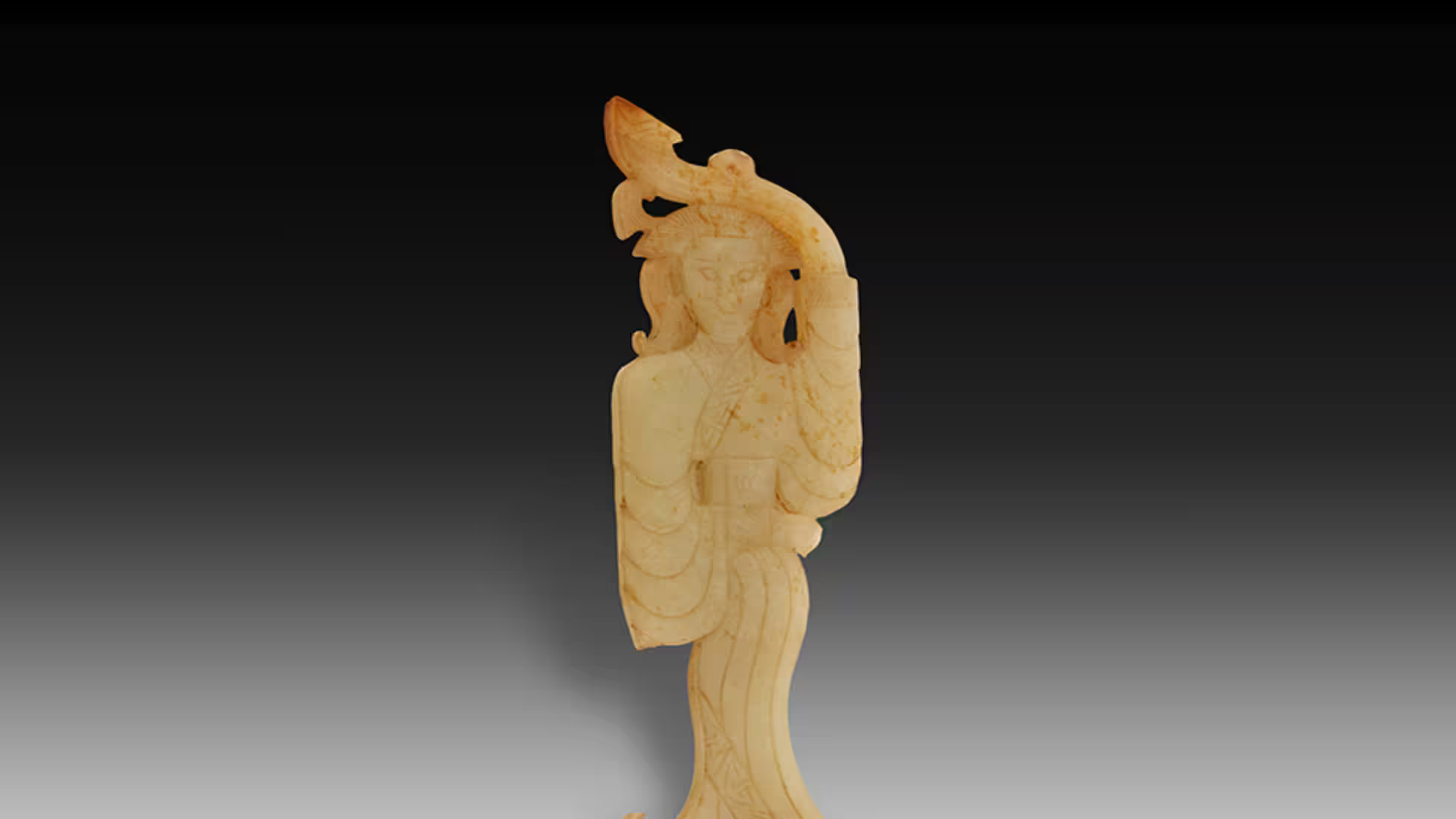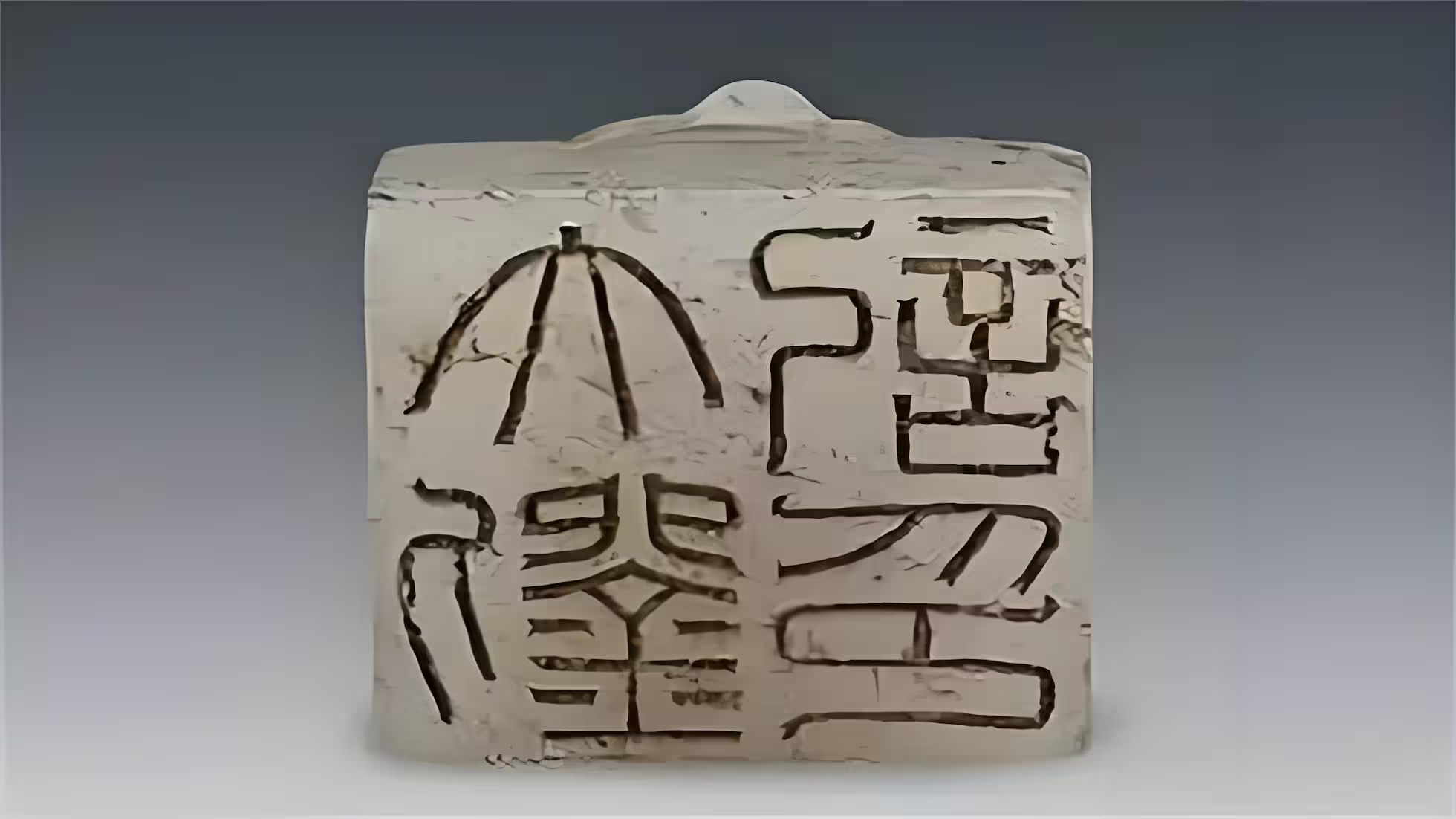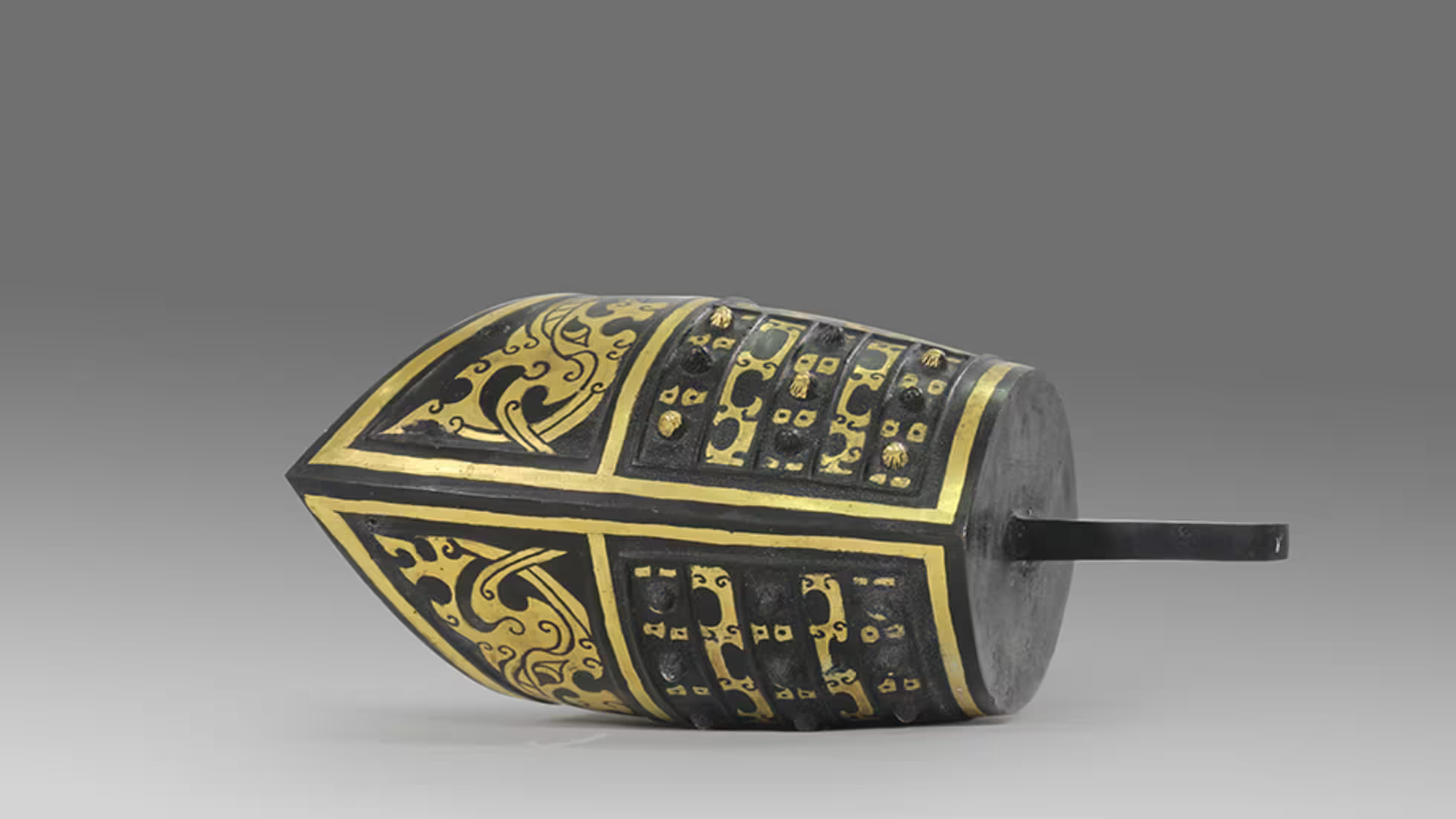I Am the Marquis of Haihun

Liu He was born on July 25, 92 BCE and died in 59 BCE, at the age of 34. He was the shortest‑reigning emperor in Western Han history, a grandson of Emperor Wu (Liu Che) and son of Liu Bo, the King of Changyi.
Fourteen years as King of Changyi. From age five to nineteen, he ruled as king for a total of fourteen years. Changyi, located along an ancient Yellow River course (today’s Heze, Shandong), was a highly prosperous and affluent region in the Western Han. The fiefdom of the King of Changyi likely counted households in the tens of thousands, far larger than that of a marquis. Huo Guang, as Marquis of Xuancheng, held 20,000 households; the Changyi fief should have been much larger. Liu He served as King of Changyi for fourteen years — three more than his father — allowing him to accumulate enormous wealth.
Twenty‑seven days as emperor. Although his reign lasted only 27 days, Liu He sent envoys in all directions bearing imperial tallies, issuing edicts to requisition supplies from various government offices — a total of 1,127 actions are recorded. Some of the national‑treasure‑level artifacts found in his tomb — such as Warring States bronze jars (fou) and late‑Shang/early‑Zhou handled you — were likely seized or requisitioned during this brief imperial period. Extremely rare items in the tomb — amber, tiger‑and‑dragon jade pendants, agate pieces — also most plausibly came into his possession as emperor.
Ten years as a commoner. After Liu He was deposed to commoner status, the state of Changyi was abolished. Huo Guang and Empress Dowager Shangguan granted him a 2,000‑household estate (tangmu yi) for his support, ensuring his livelihood, and allowed him to inherit all property of the former state of Changyi. The 2,000‑household stipend effectively maintained him at the standard of a minor marquis. During these ten years, under strict surveillance by the court and living less lavishly than before, he still managed to accumulate wealth from this income. His enthronement and subsequent deposition occurred amid complex political circumstances. That he was removed just 27 days after succeeding as emperor can be attributed to three factors: first, that Liu He “failed to cultivate himself and obey the law, behaving licentiously”; second, that Huo Guang dominated the court and “all affairs were decided by Guang”; and third, that forces at court and among the populace quietly supported Emperor Xuan’s accession. Eleven years after his deposition, Emperor Xuan enfeoffed Liu He as Marquis of Haihun — both an acknowledgment of kinship and a political move to keep him far from his former base, preventing any resurgence: a strategy of overt honor and covert demotion.
Four years as Marquis of Haihun. After being made Marquis of Haihun by Emperor Xuan (Liu Xun), Liu He moved a great distance from his Shandong homeland to Haihun County in Yuzhang Commandery — then still considered a wild, distant region. He served as marquis for four years. His fief began with 4,000 households — double his commoner‑period stipend and comparable to a mid‑sized marquisate — but after a misstatement he was stripped of 3,000, left with only 1,000. Not long after, Liu He passed away.
Having once been emperor and later driven from the throne by his ministers, Liu He died at 38 within his “Haihun realm.” His brief life was nonetheless as vivid as a revolving lantern.
Han funerary custom emphasized “serving the dead as the living” — lavish burials with a wealth of goods mirroring life — which is why Han tombs yield such a wide variety of artifacts and allow us to glimpse the daily life of the deceased. From the Marquis of Haihun’s tomb came ritual and musical instruments such as bianzhong (chime bells), qin, se, and panpipes; lacquer screen panels painted with Confucius and scenes from his life; a go board; various lacquer inkstones and ink; and thousands of bamboo slips. There were also artifacts likely collected by the tomb owner, including Western Zhou bronze handled you and Eastern Zhou bronze jars. Together they present a Liu He unlike that of the standard histories — a cultivated gentleman with taste and refinement — which may well be a truer image of the past.
Published at: Sep 9, 2025 · Modified at: Sep 10, 2025


